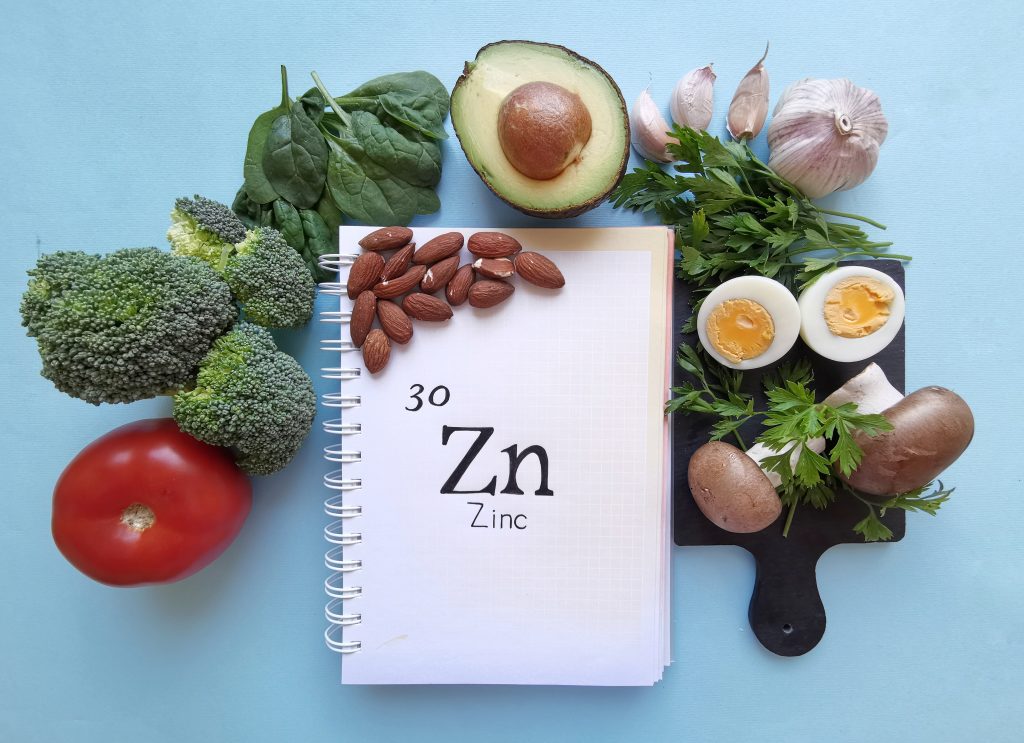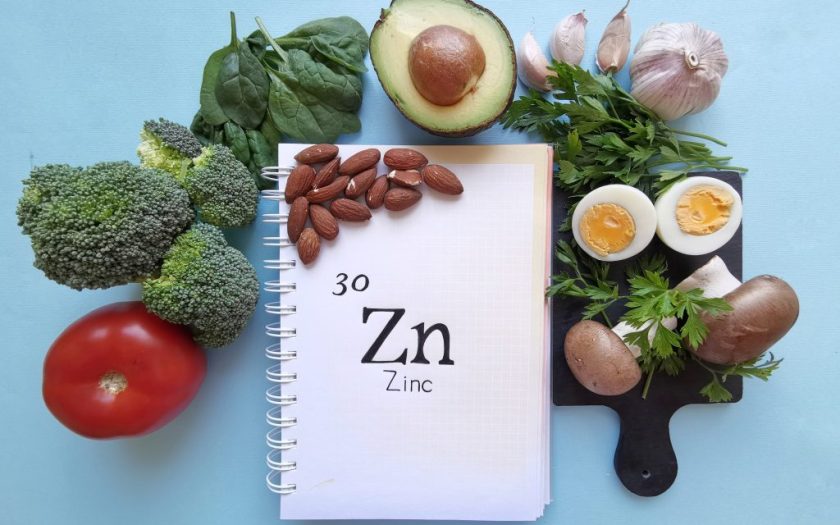What is zinc and what are its benefits?
Zinc it is first known to us as a chemical element known as Zn, but it is also necessary to perform many processes in our body. In food, it is most often found in shellfish, meat, oats and beans. Zinc is responsible for the normal function of our nervous system and for the development as well as the function of our immune cells. Zinc deficiency is most easily recognized by decreased appetite, hard and dry skin, nausea, depression.
What are the benefits of zinc? In addition to being necessary for the proper functioning of our immune system, it is also largely responsible for our proper digestive function. We also often use it in various creams to speed up the healing and healing of wounds. Research shows that it is also a good remedy for infertility and is good for concentration and better memory. To know if you are deficient in zinc in your body it is best to do a blood test.
One of the best ways to regularly compensate for the intake of zinc in the body is certainly a diet in the form of: Shellfish, beans, veal, chicken, beans, oats, rice, yogurt, cheese, peanuts, almonds. In addition to diet, we can make up for it by taking pills as a dietary supplement. Recommended doses of zinc are: For women up to 12 milligrams of zinc per day, for men up to 15 milligrams of zinc per day.

When is it advisable to take zinc?
Nutritionists say it doesn’t matter what time of day you consume zinc or how. If you consume zinc in the form of a tablet as a dietary supplement then it is only advisable to eat something before consuming the tablet so that the tablet on an empty stomach would not result in nausea. Certain research shows that consuming zinc before bed can help you sleep better and get better rest.
It is also recommended to take zinc in women when they are in the menstrual cycle because it relieves pain and calms the body. Can this mineral be taken every day? The decision depends on the individual and his need to take zinc. The recommended daily doses are desirable, as well as its intake with the addition of vitamin C, which is often found in combination with calcium and magnesium.
What is not advisable to take with zinc? There are certain foods as well as minerals that interfere with the effects of zinc in the body. Foods filled with fiber and bran, calcium, phosphorus and iron can interfere with the role of zinc in our body. If you take these foods in your daily diet, then it is recommended that you switch to zinc consumption two hours before or after a meal.
How to take zinc?
As we have stated zinc we can take or get from a diet or dietary supplement. As we live in a busy world where few have the time to take care of what they eat, dietary supplements are becoming increasingly popular. Zinc in tablet form as a dietary supplement ensures sufficient daily intake. How and for how long to drink this form of supplement? Prolonged use or increase in dose is not recommended. Too much zinc in the body can lead to problems with iron and vitamin B. At what time is it best to consume this form of zinc?
Consumption with food, lunch or dinner is recommended. You can find these tablets in any pharmacy or drugstore for the price of 80 kuna for 100 capsules. In addition to pure zinc, you can also find a mixture of zinc with vitamin C or with Magnesium and vitamin B6. These combinations bring: Normal signal transmission in nerve cells, normal heart function, building healthy bones and teeth, proper muscle function, preventing muscle cramps and maintaining normal and healthy blood pressure.
For oral dosage forms (capsules, lozenges, tablets, extended-release tablets):
For the U.S
- Adult and teenage males—15 milligrams (mg) per day.
- Adult and teenage females—12 mg per day.
- Pregnant females—15 mg per day.
- Breast-feeding females—16 to 19 mg per day.
- Children 4 to 10 years of age—10 mg per day.
- Children birth to 3 years of age—5 to 10 mg per day.
For Canada
-
- Adult and teenage males—9 to 12 mg per day.
- Adult and teenage females—9 mg per day.
- Pregnant females—15 mg per day.
- Breast-feeding females—15 mg per day.
- Children 7 to 10 years of age—7 to 9 mg per day.
- Children 4 to 6 years of age—5 mg per day.
- Children birth to 3 years of age—2 to 4 mg per day.
source: mayoclinic
MORE HEALTH NEWS: Meditation for health and relaxation, why it is good to meditate
